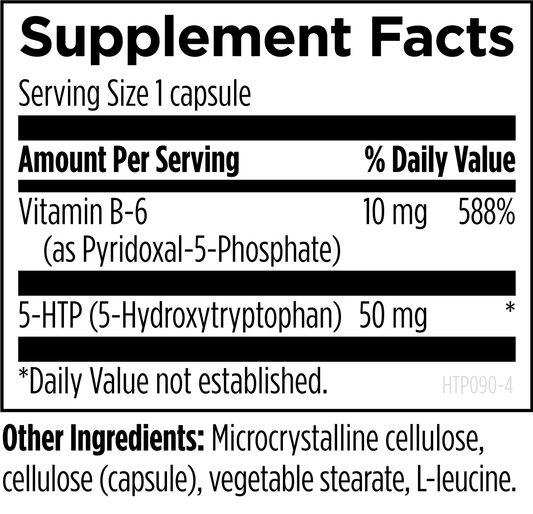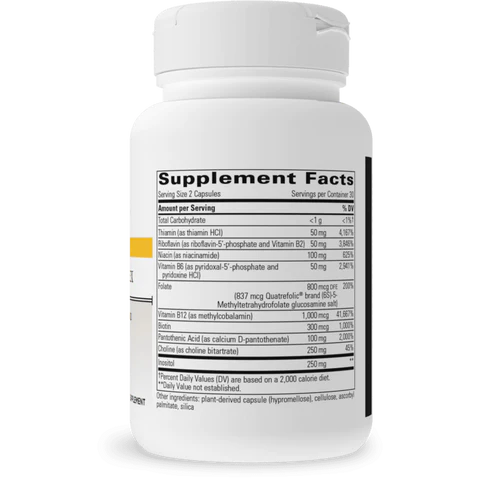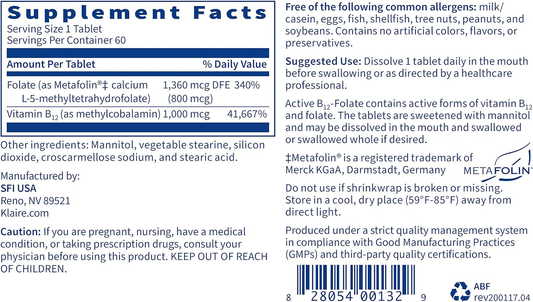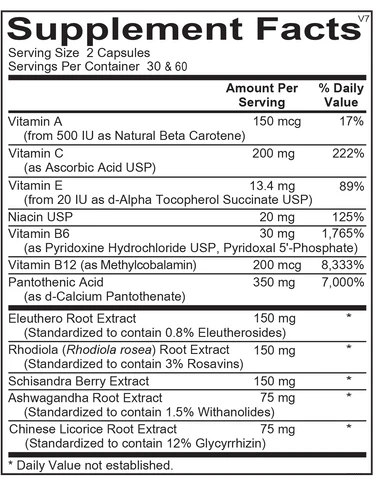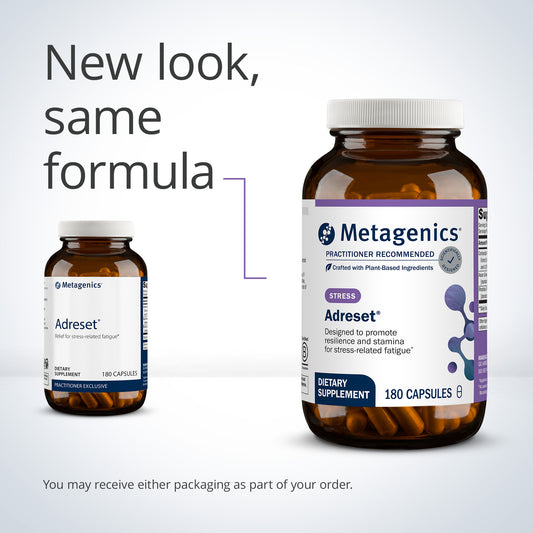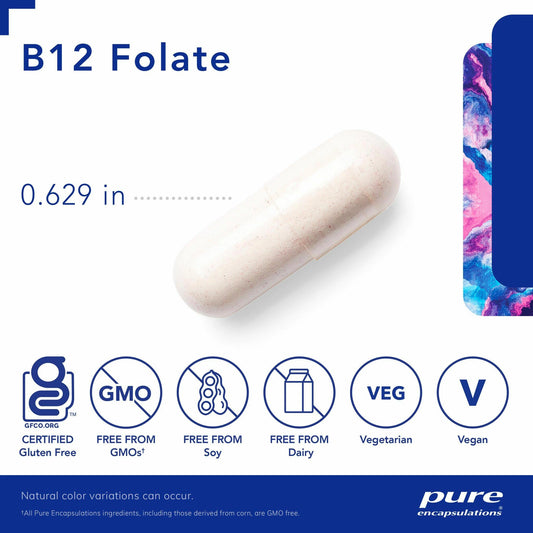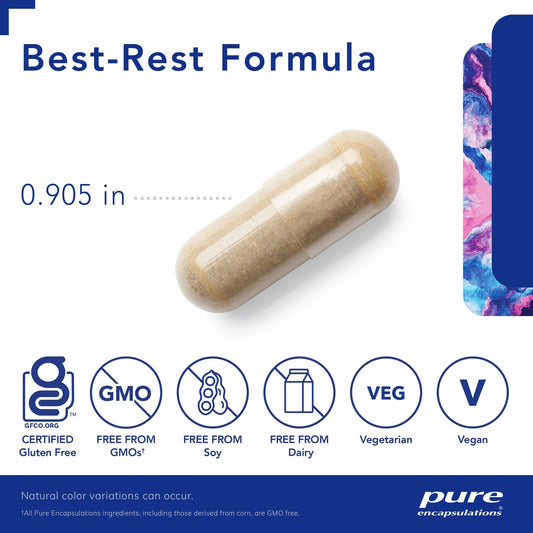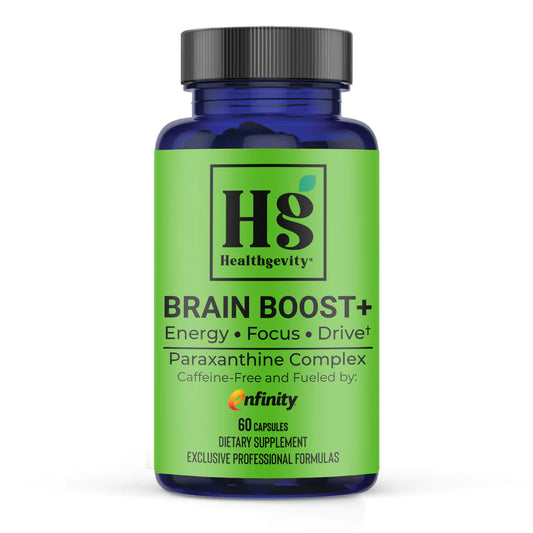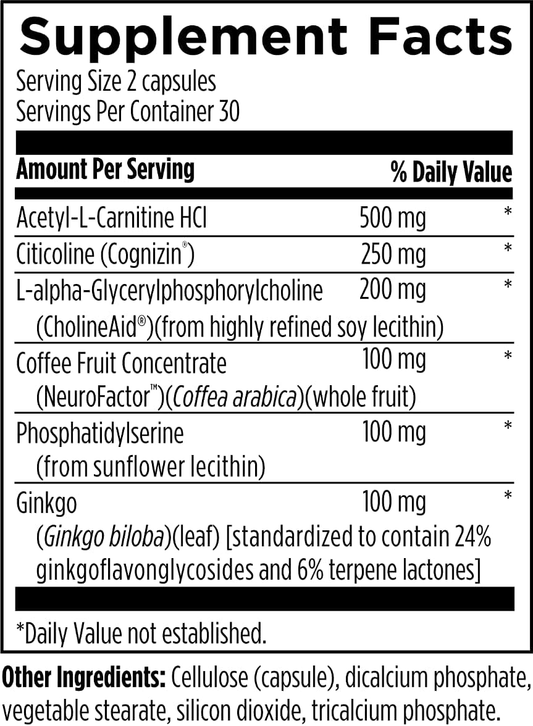Overview
The world is experiencing a mental health crisis like never before. While that is rightfully scary, it’s important to recognize that many of our daily choices can up-level our brain function and mental health. The inadequacies of current psychiatric disease and care models require urgent attention to address root causes such as nutrition, toxins, and gut health. In this episode of the podcast, I talk to Dr. James Greenblatt, who draws on his four decades of experience in studying functional psychiatry to highlight the importance of a personalized approach to mental health.
Join us to discover how Functional Medicine can transform mental health care and offer new hope for those struggling with mental health disorders.














